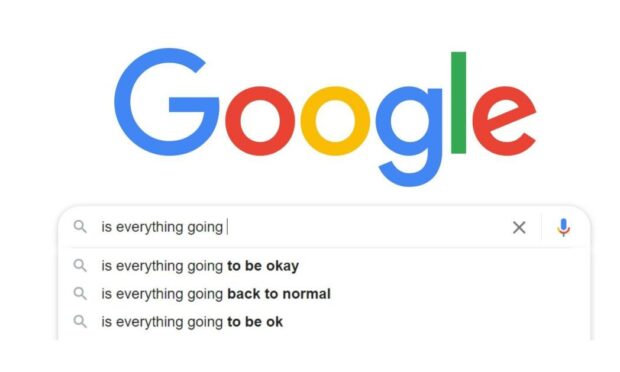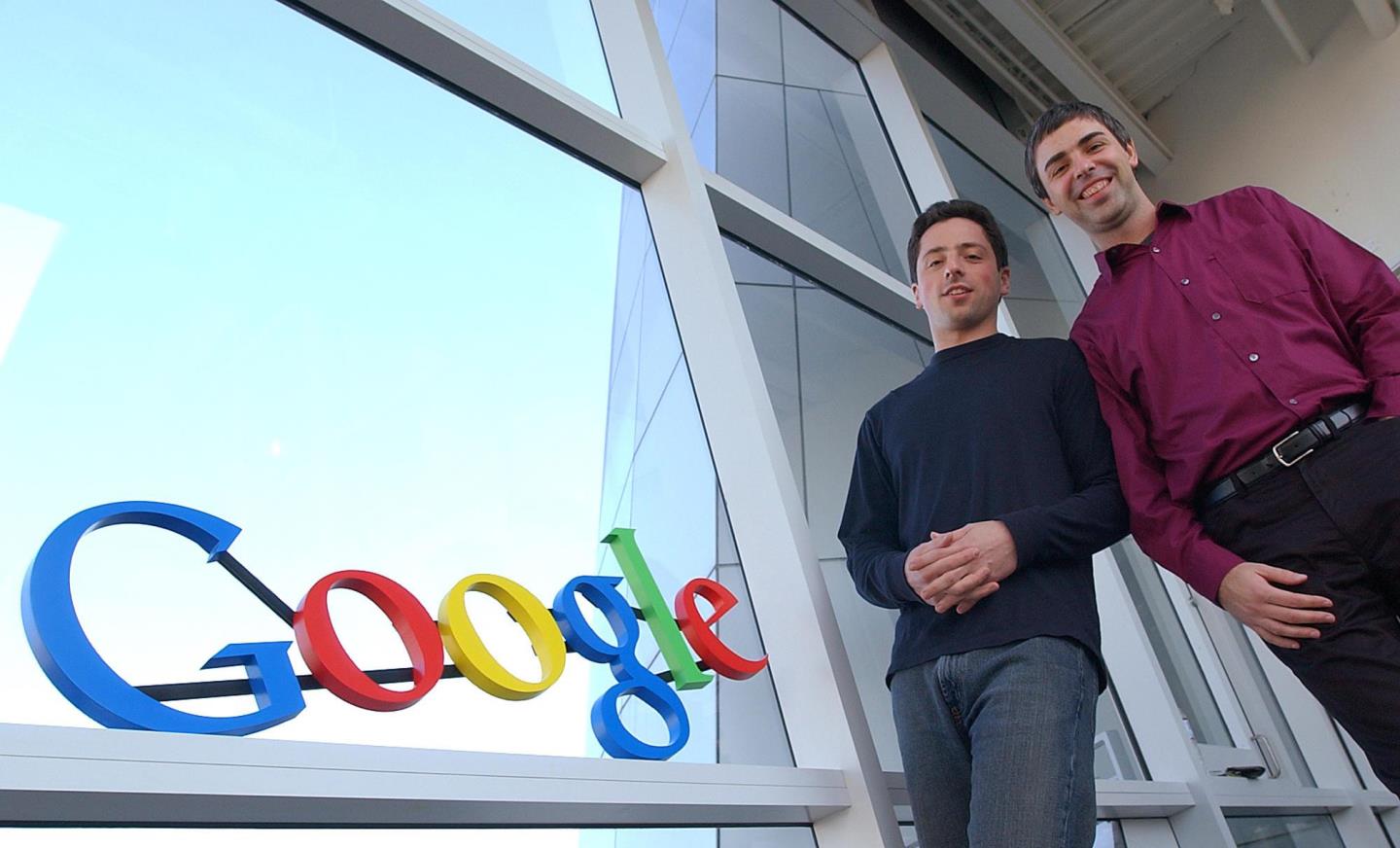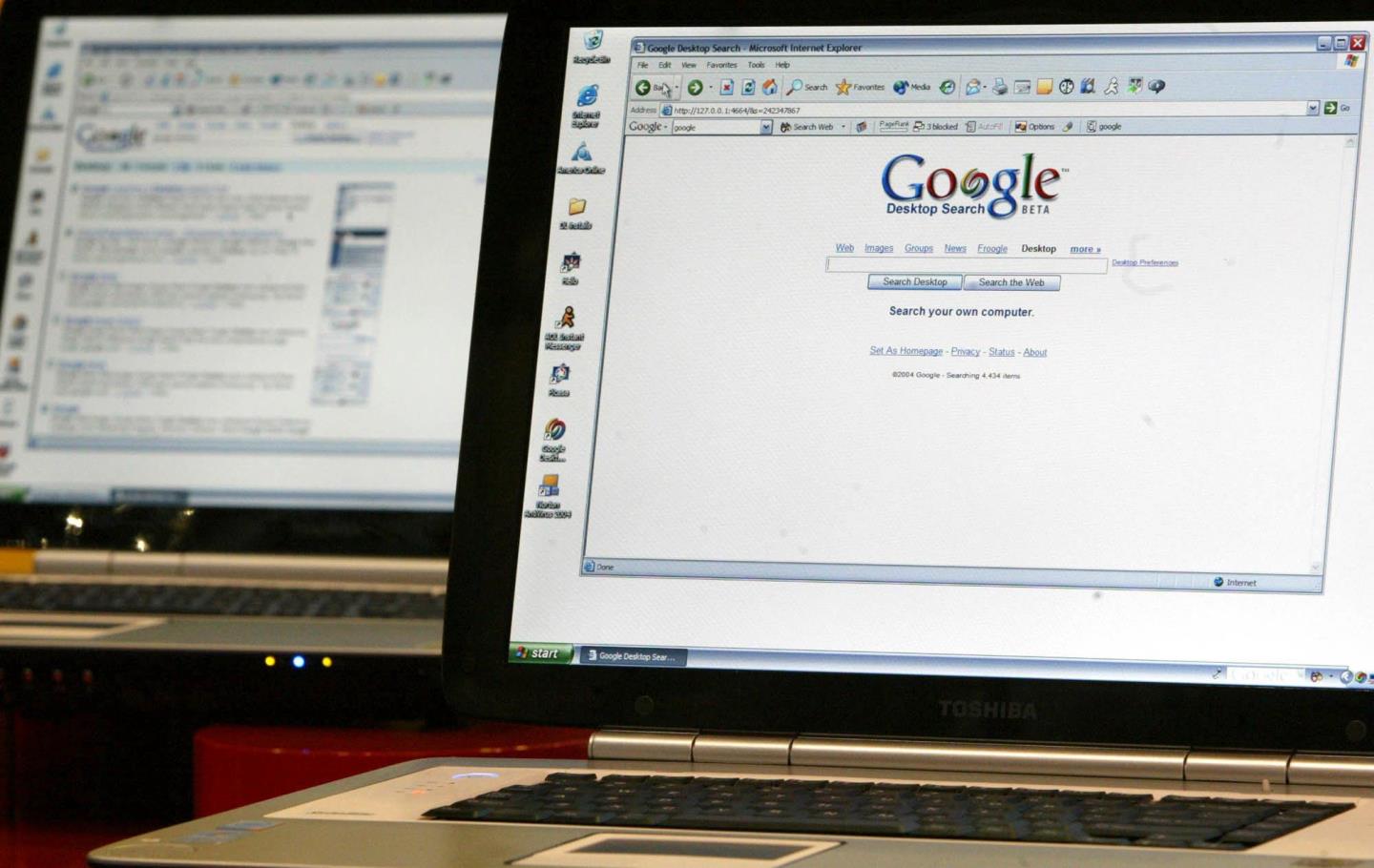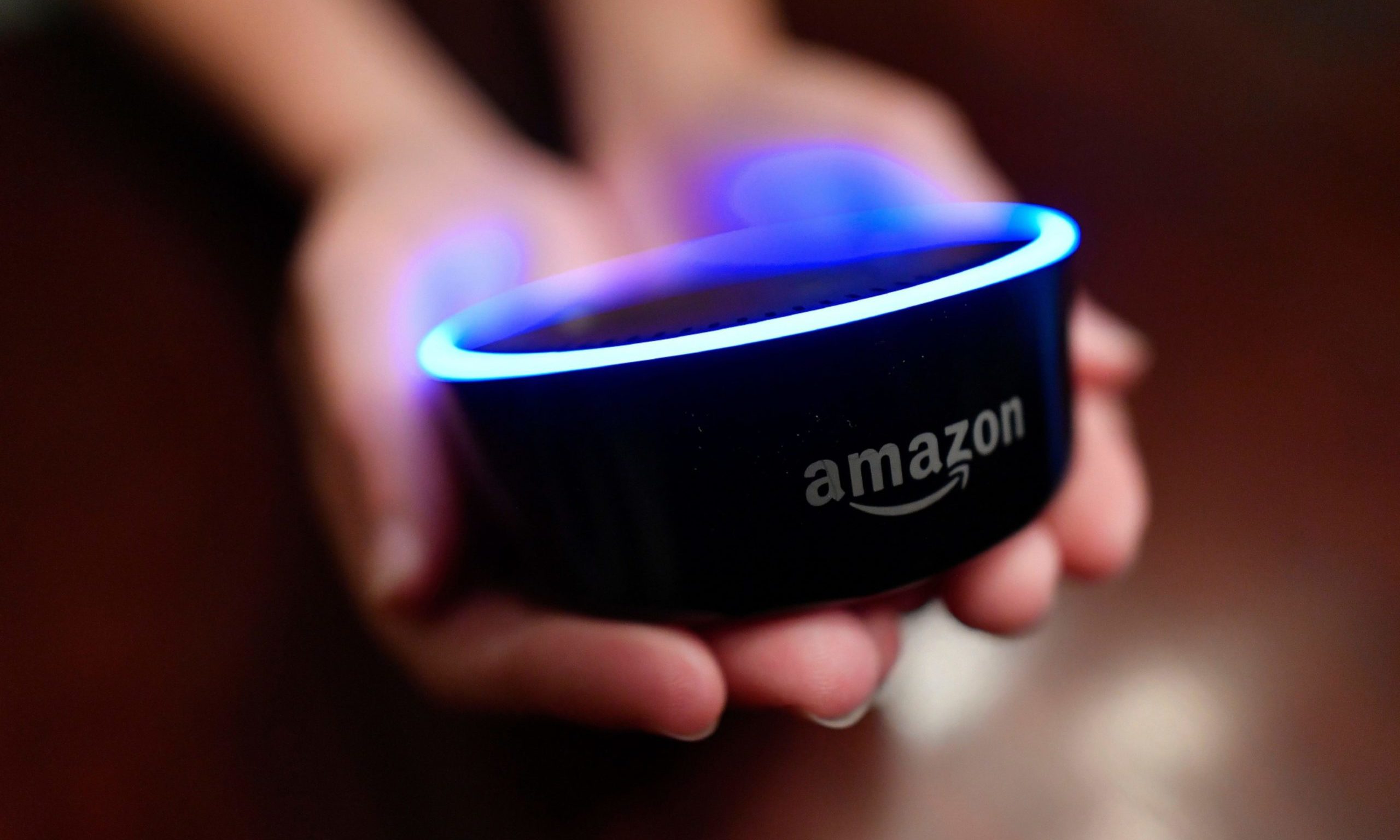Will everything turn out all right in the end?
Back in March 2020 – days after what we’d been calling a crisis suddenly officially became a pandemic – my friend Siobhan admitted that, every now and then, she Googles it: “Is everything going to be OK?”
It turns out she’s not alone. It turns out people all over the globe ask Google if everything is going to be OK all the time. Every day.
The frequency shot up on March 15 last year. It coincided with Italy reporting the world’s highest daily Covid death rate yet, and Ireland closing its pubs. The UK went into lockdown a week later. We were all panicking and desperate for some reassurance.
Anxiety-ridden internet searches of phrases like “when will Covid end?” and “when will things go back to normal?” have been common since the pandemic began, but we started asking far more of Google than it could ever give long before coronavirus.
What’s the point of asking Google questions it definitely can’t answer?
“I ask Google A LOT of existential questions,” Siobhan told me, “On a daily basis, I Google things like: ‘Should I have a baby?’ or ‘is it normal to be scared of dying?'”
“What should I do?” is another popular query, according to Google Trends. But what’s the point of asking a search engine an unanswerable, extremely human thing like that, all wrapped up in emotion?
Chartered psychologist, Dr Paul Marsden, specialises in how technology impacts the way we think, feel and behave. His theory on why we’ve started to treat Google like a GP, therapist and confidante all rolled into one essentially boils down to a combination of ego and good old-fashioned human laziness.
‘You can use Google as a kind of psychological crutch to get the answers that you want to make you feel better about yourself’
The search engine, he says, provides instant gratification, gives the appearance of simplifying a very complicated world, and makes it easy to find the answers that, deep down, we want to hear.
“You can use Google as a kind of psychological crutch to get the answers that you want to make you feel better about yourself,” Dr Paul told me.
“People hate uncertainty. And so this kind of feeling – this comforting belief that there is knowledge out there and you can get it – makes you feel like know about yourself and the world around you.”
We search every idle thought online
My old colleague, David Hughes, agrees that we are so used to receiving information on demand, we’ve fallen into the trap of searching every idle thought online.
He said: “I like things like when people Google: ‘What is fog?’
“I like the idea of someone sitting there and, because it’s foggy, looking out of their window and searching: ‘What is fog?’, rather than just reacting to the weather.”
Dave is search engine optimisation (SEO) editor for inews.co.uk. His job is based around monitoring what people are searching for online and producing content that will inform them. Usually it’s about trending news stories, but sometimes – evidently – it’s about fog.
Sometimes a frequently Googled term simply stems from lots of people all hunting for a clue in the same crossword puzzle
This is common practice for news brands now, with whole teams dedicated to creating search-based articles. So should Google add “editor in chief” to its LinkedIn page?
Well, no, because humans like Dave are still sifting through all of our questions, existential or otherwise, to determine the newsworthy ones. He does detective work to figure out anomalies. Sometimes a frequently Googled term simply stems from lots of people all hunting for a clue in the same crossword puzzle. Remember that next time – Dave knows you’re cheating, even if no one else does.
Is our reliance on Google making us smarter or dumbing us down?
Some might argue that our reliance on Google is dumbing us down, but Dr Paul thinks it’s making us smarter.
“We ask Google not because we think Google’s necessarily got the answer, but because Google might be the gateway to somebody who’s actually thought about it,” he explained.
“It might seem dumb, but it just taps into the thing that actually makes humans smart and different. Asking these questions – our need for cognition – is linked to people’s intelligence and your IQ. We need to understand what the heck is going on in this world right now.”
Still, I personally suspect that a big chunk of society has quietly begun to think of Google as an all-knowing entity – kind of a HAL 9000, if you like. And we all know what happened there.
Dave agrees with me. “I think people see Google as a thing – as the actual portal of the knowledge,” he said.
And, on top of that, we humanised it. We gave it a voice.
Don’t underestimate Alexa
I’ve never organically typed “will everything be OK?” into an internet browser, but, for the purposes of this column, I did ask the Google Home in my living room the question. It turned it back on me. Google wanted to know if I was OK.
That’s not just a robot reading out search engine results – that’s the illusion of empathy.
Artificial intelligence (AI) is becoming more sophisticated by the day. In 2013 sci-fi film, Her, Joaquin Phoenix plays a man who falls in love with his bodiless virtual assistant.
I remember joking that I was glad the technology didn’t exist, or I would surely be one of the suckers at risk of doing the same. Just eight years later, it feels like we’re very nearly there.
“I wouldn’t underestimate the impact of virtual assistants – the Alexas of the world,” Dr Paul noted.
“Alexa is locked into Wikipedia and knows everything, so why wouldn’t I ask Alexa when the end of the world is going to be?
“I think we need to understand AI and how decisions are made. We need the transparency and people need to be educated, because otherwise you will just put it up as a new god. You go and ask the future, and it just becomes magical thinking. And that is dangerous, in my view.”
At least we’re not alone
We project our emotions onto things that aren’t human – animals, inanimate objects and algorithms. It might be in our nature to ask the internet life’s big conundrums, but we can’t forget that the supposed solutions were provided by some other fallible person, not by an omniscient individual.
‘There’s probably about 20,000 people who, every day, are Googling variants of the same thing at pretty much exactly the same time’
Still, there is undoubtedly comfort in common experiences. Safety in numbers. We don’t, hand on heart, know that everything will be OK, but we’re not worrying about it on our own, at least.
“There’s probably about 20,000 people who, every day, are Googling variants of the same thing at pretty much exactly the same time,” Dave told me.
“No one’s alone, even the people Googling ‘why does my wee smell?’ every morning.”
Alex Watson is Head of Comment for The Press & Journal and thinks if everything isn’t OK in the end, it’s probably not the end














